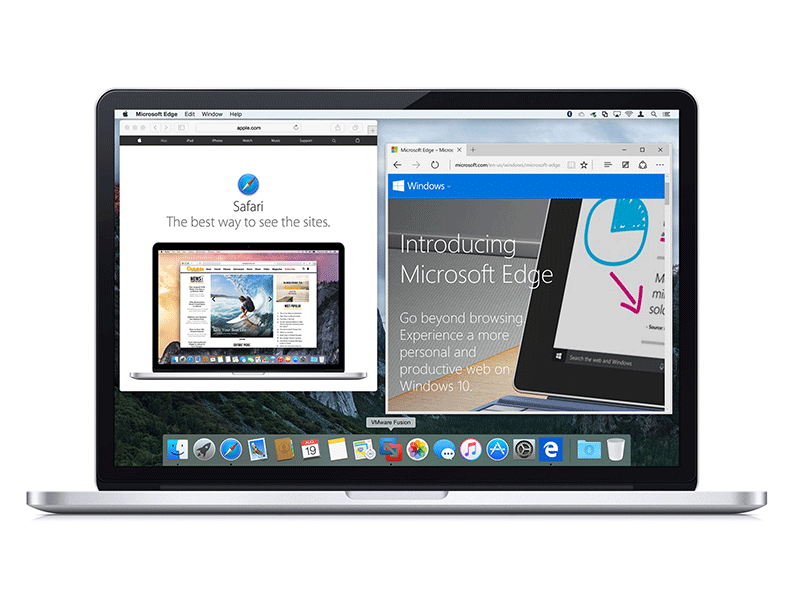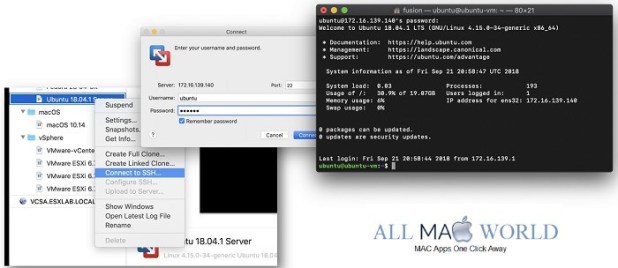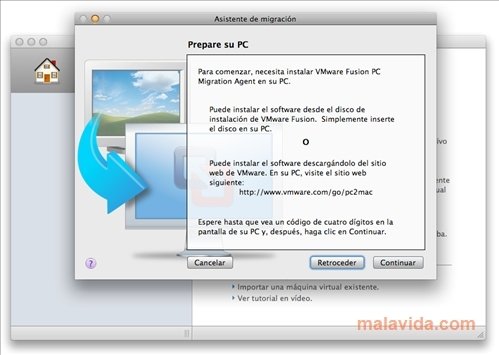

Mac users gain a free ‘player’ version of VMware Fusion for personal use, while both products gain support for Kubernetes clusters, allowing users to run multiple app containers at once in specialised 'nodes'. Support for Windows DirectX 11 apps and games has also been added to virtual machines. Naturally, the latest version of VMware Workstation plays nicely with the latest versions of OSes including Ubuntu 20,04.īoth products also gain the ability to run, build, push or pull OCI containers using VMware’s command-line vctl tool alongside the added support for Kubernetes.īoth Workstation and Fusion virtual machines are also now capable of supporting up to 32 virtual CPUs, 128GB RAM and 8GB VRAM. They also come with the usual tweaks to improve performance (particularly in the fields of VM operations and file transfers), plus added support for virtual USB 3.1 devices. VM Workstation can now co-exist happily with Hyper-V mode in the latest (2004) build of Windows 10. Linux hosts gain support for the Vulkan Rendering Engine on PCs running integrated Intel GPUs. For now, the graphics will be CPU-based as support for GPU-equipped VMs is still under development.Workstation users also gain a new Dark Mode feature that seamlessly integrates with the host’s dark mode settings in Windows 10. VMware Fusion beta for M1 Macs also lacks support for macOS Monterey due to API incompatibilities, and it is unclear if this will be added with a future update. Although you can manually install Windows 10 ARM using VMware Fusion, there will be no official drivers compatible with M1 Macs. This is because Microsoft does not sell official licenses of Windows 10 ARM. Probably the most notable limitation is that VMware Fusion will not provide support for running Windows virtual machines on Apple Silicon Macs.

However, unlike VMware Fusion for Intel Macs, the Apple Silicon version has some limitations that users need to be aware of. VMware Fusion and Workstation Manager Michael Roy (via The Register) shared on Twitter the link to an online form for those interested in trying VMWare Fusion beta for Macs M1.Īccording to Roy, a public beta release will be available in about two weeks, which could mean that the official release might come by the end of this year.

Now the company is taking its next step in bringing VMWare Fusion to M1 Macs with the first beta release compatible with Apple Silicon.įor now, VMware Fusion for Macs M1 will be available as a closed beta, which means that not everyone can download it. VMware Fusion is one of the most popular hypervisor softwares available for macOS, which allows users to run virtual machines with not only Apple’s operating system, but also Windows and Linux.


 0 kommentar(er)
0 kommentar(er)
